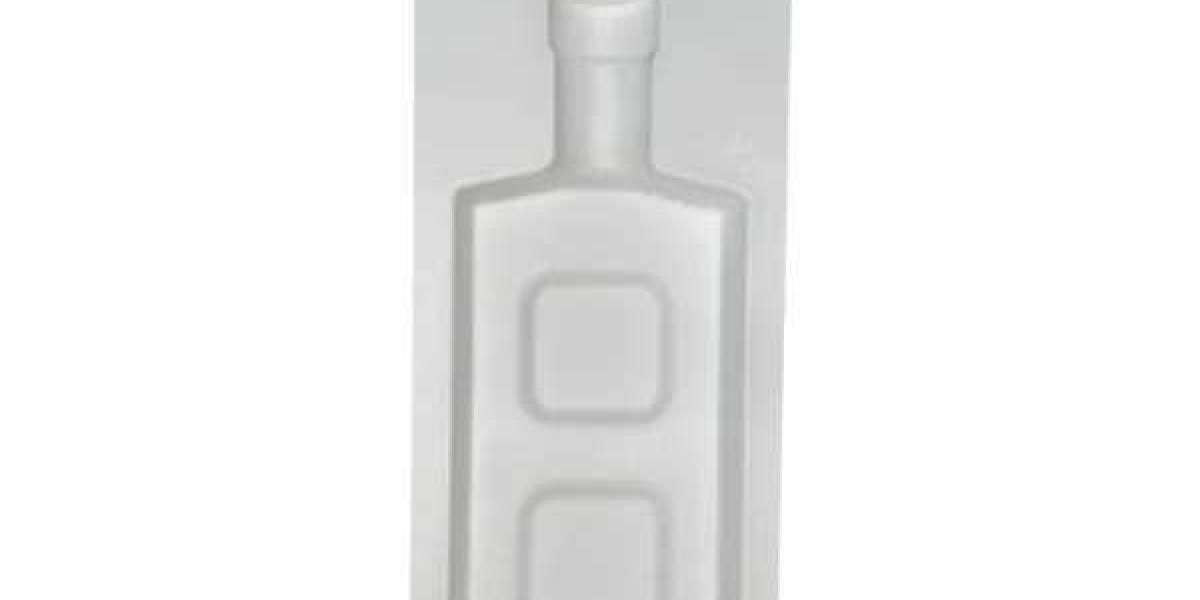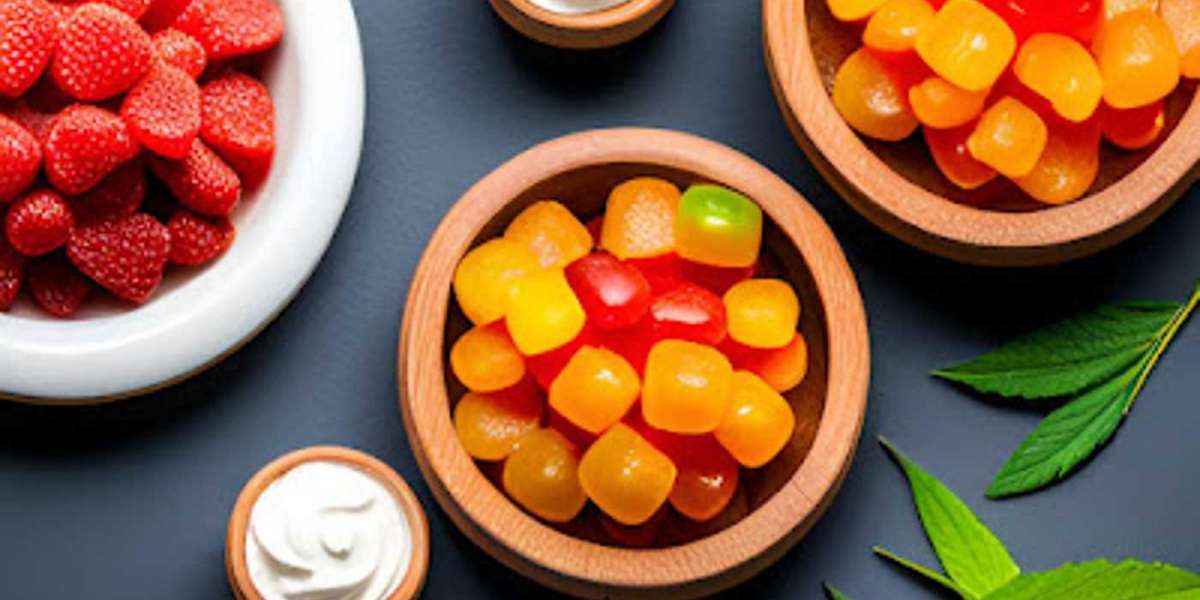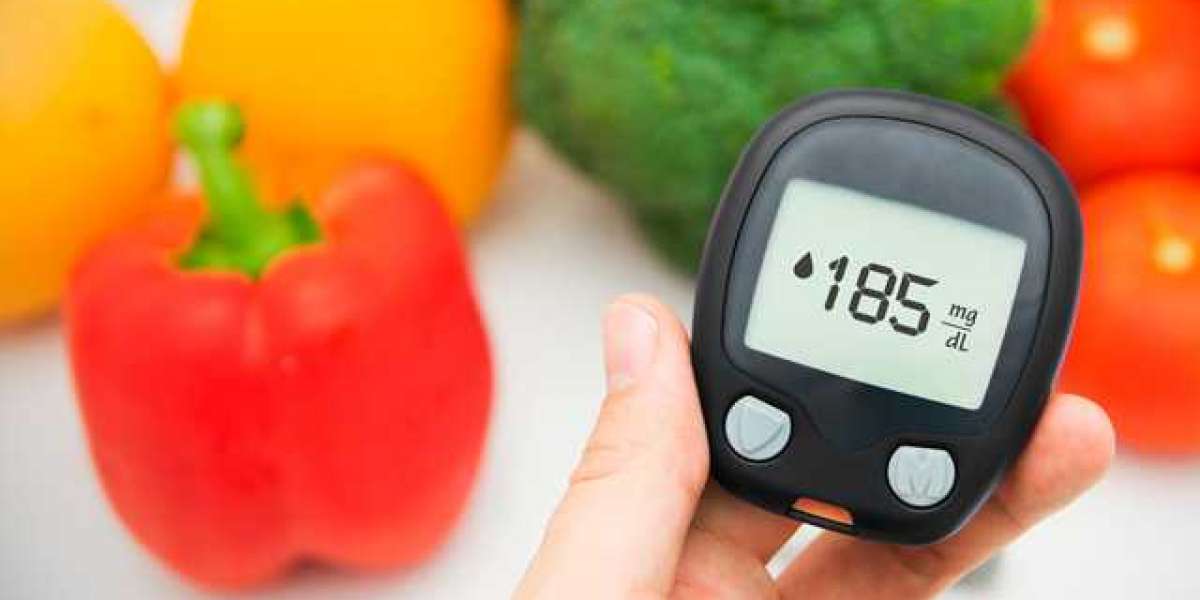In recent years, there has been a growing concern about the environmental impact of packaging materials, especially in the wine industry. As consumers become more conscious of their carbon footprint, wineries are seeking sustainable alternatives to traditional packaging options. One such solution gaining popularity is molded pulp, a versatile and eco-friendly material that offers numerous benefits throughout the eco friendly pulp tray production process. This blog post will delve into the details of the eco-friendly molded pulp production process and explore its advantages for both wineries and the environment.

1. Understanding Molded Pulp Packaging:
Molded pulp is a type of packaging material made from recycled paper fibers. It is created by combining water and paper fibers, which are then molded into various shapes and sizes. This process allows for the production of custom-fit packaging solutions, making it an ideal choice for wine bottles. Molded pulp packaging is not only biodegradable and compostable but also offers excellent protection and insulation for fragile items like wine bottles.
2. Sourcing Sustainable Materials:
The first step in the production process is sourcing sustainable materials. Molded pulp packaging relies on recycled paper fibers, which can be obtained from various sources, including post-consumer waste, agricultural residues, and even discarded paper products. By utilizing these materials, wineries can contribute to reducing deforestation and waste while promoting a circular economy.
3. Pulping and Molding:
Once the sustainable materials are collected, they undergo a pulping process. During this stage, the paper fibers are mixed with water to create a slurry-like consistency. The slurry is then poured into molds that are specifically designed to accommodate wine bottles. The molds are pressed to remove excess water, and the remaining fibers are left to dry and harden, forming the final molded pulp packaging.
4. Customization and Design:
One of the key advantages of molded pulp packaging is its versatility in design and customization. Wineries can work closely with packaging manufacturers to create unique packaging solutions that reflect their brand identity. Molded pulp can be easily molded into various shapes, allowing for a snug fit around wine bottles, minimizing the risk of breakage during transportation. Additionally, the packaging can be designed with compartments to hold additional items such as wine glasses or promotional materials.
5. Benefits for Wineries:
Implementing molded pulp packaging offers several benefits for wineries. Firstly, it provides excellent protection for wine bottles, reducing the risk of damage during shipping and handling. This, in turn, helps wineries maintain their product quality and reputation. Secondly, molded pulp packaging is lightweight, which can significantly reduce transportation costs and carbon emissions. Lastly, by adopting sustainable packaging practices, wineries can enhance their brand image and appeal to environmentally conscious consumers.
6. Environmental Impact:
The eco-friendly nature of molded pulp packaging makes it a compelling choice for wineries aiming to reduce their environmental footprint. Molded pulp is biodegradable, meaning it will naturally decompose over time, minimizing waste accumulation. Additionally, the use of recycled paper fibers reduces the demand for virgin materials, conserving natural resources and reducing energy consumption. By choosing molded pulp packaging, wineries can contribute to a more sustainable future for the wine industry.
Conclusion:
As the demand for sustainable packaging solutions continues to rise, the molded pulp production process offers a promising alternative for wineries seeking eco-friendly wine bottle packaging. From sourcing sustainable materials to customization and design, the entire process prioritizes environmental responsibility while providing excellent protection for wine bottles. By adopting molded pulp packaging, wineries can not only reduce their carbon footprint but also enhance their brand image and appeal to environmentally conscious consumers. It is a win-win solution for both wineries and the environment.
After understanding eco friendly pulp tray production process, have you become interested in pulp molded packaging? If you want to know more about this type of product, please contact Wintech. We are a company that specializes in pulp molded packaging. To provide you with high-quality products and excellent services.
https://www.wintechpack.com/Eco-friendly-molded-pulp-wine-bottle-packaging-production-process.html








